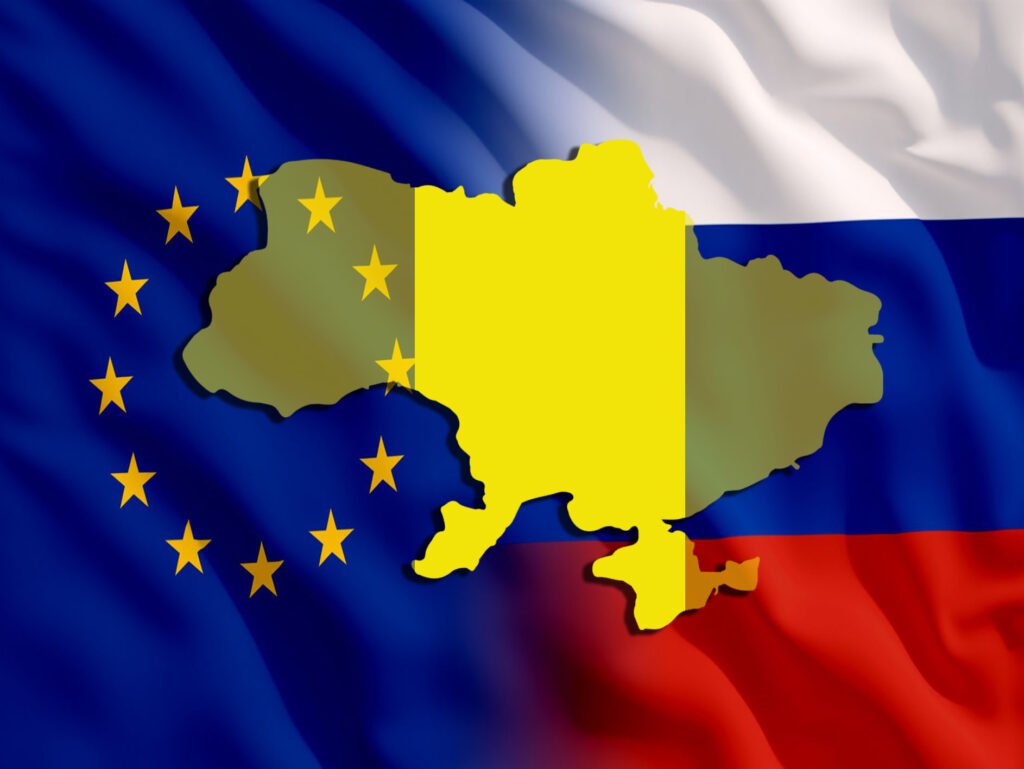
MOSCOW/CHISINAU, April 5, 2025:
On Friday Russia expelled three Moldovan diplomats in a tit-for-tat response to Moldova’s earlier expulsion of Russian embassy officials. The escalating row underscores growing tensions between Moscow and Moldova’s pro-European government amid accusations of political interference and subversion.
Moldova expelled three Russian diplomats on Monday, following accusations that Moscow played a role in helping pro-Russian Moldovan lawmaker Alexandr Nesterovschi flee the country to avoid imprisonment. Nesterovschi, a member of the Moldovan Parliament known for his pro-Kremlin stance, was sentenced in absentia to 12 years in prison for corruption and illegal political funding. The Moldovan government alleges that the Russian Embassy in Chisinau facilitated his escape to the pro-Russian breakaway region of Transnistria just before the verdict was handed down.
Moldova’s security service released surveillance footage that it claims shows Nesterovschi entering the Russian embassy compound shortly before disappearing from public view. The government has cited this as evidence of Russia’s direct involvement in aiding his flight.
In response to Moldova’s actions, the Russian Foreign Ministry summoned Moldovan Ambassador Lilian Darii and formally declared three Moldovan diplomats in Moscow “persona non grata.” The ministry issued a statement condemning Chisinau’s move as “unfriendly and provocative,” and firmly rejected all allegations of interference in Moldova’s internal affairs. It insisted that the Russian diplomatic mission had operated in strict accordance with international diplomatic conventions.
“This step by Chisinau cannot be left without a response,” the Russian ministry stated. “We categorically reject the unfounded accusations against our diplomatic mission.”
Russia’s ambassador to Moldova, Oleg Ozerov, also dismissed the claims, calling them baseless and politically motivated. He warned that such actions by the Moldovan government could further strain bilateral relations.
Moldova, a former Soviet republic, has grown increasingly critical of Moscow’s influence in its domestic affairs, especially since the pro-European administration took power. The government in Chisinau has accused Russia on multiple occasions of supporting pro-Kremlin politicians and attempting to destabilize its democratic institutions—allegations Moscow has consistently denied.
This latest diplomatic standoff adds to the growing friction between the two countries. This reflects the broader geopolitical tug-of-war playing out in Eastern Europe between pro-EU governments and Russian interests.
Keep reading questiqa world Get more News Headlines On Our Social Platforms And Do Follow.

